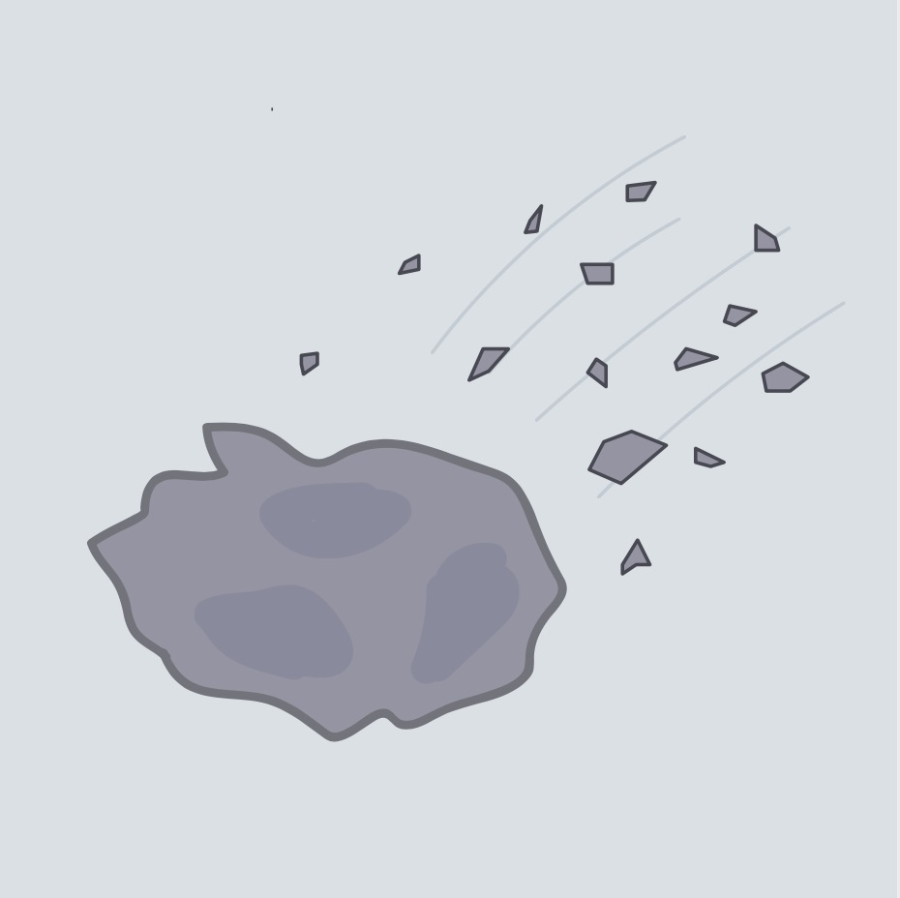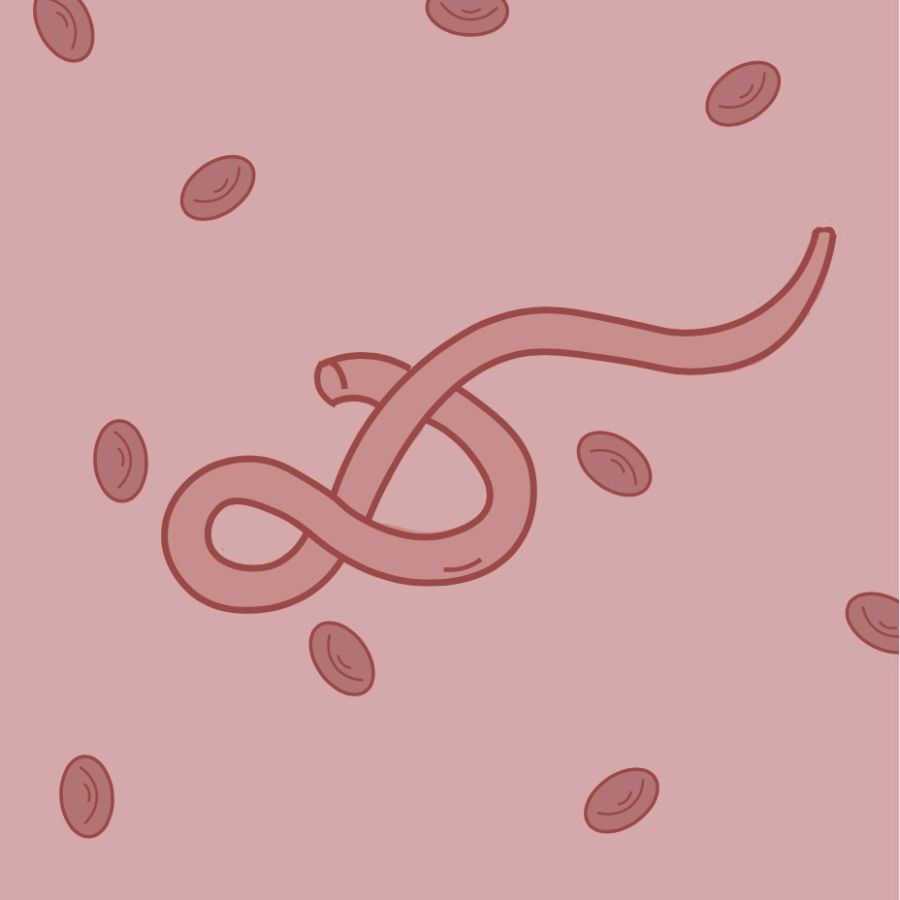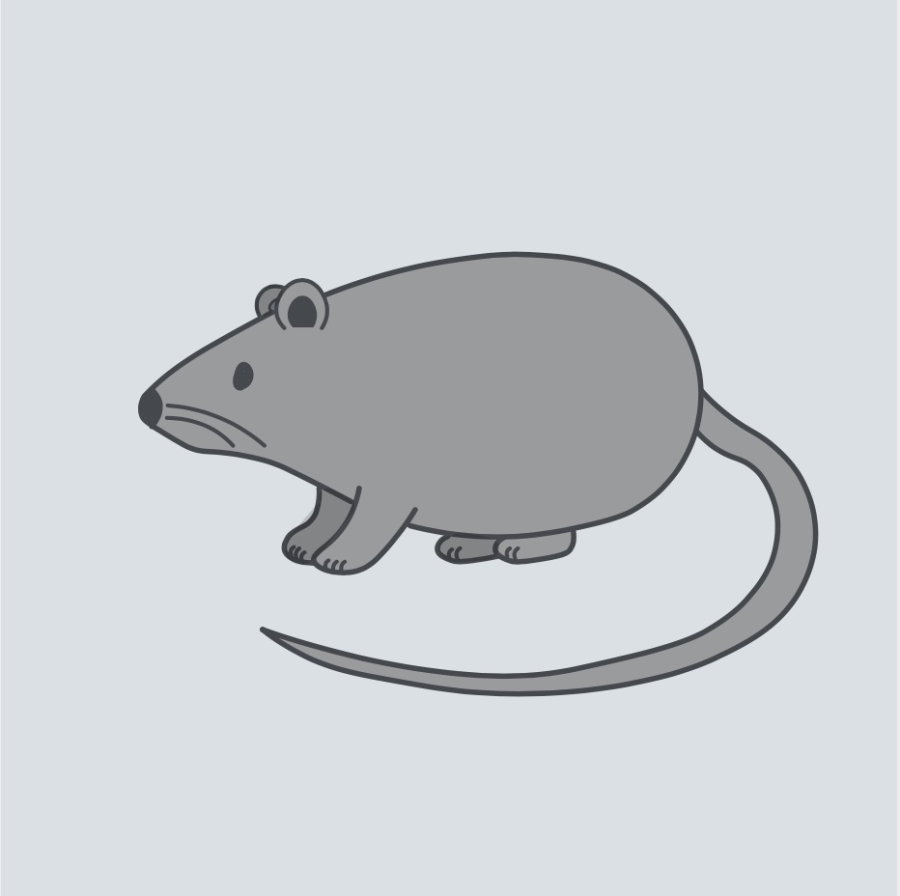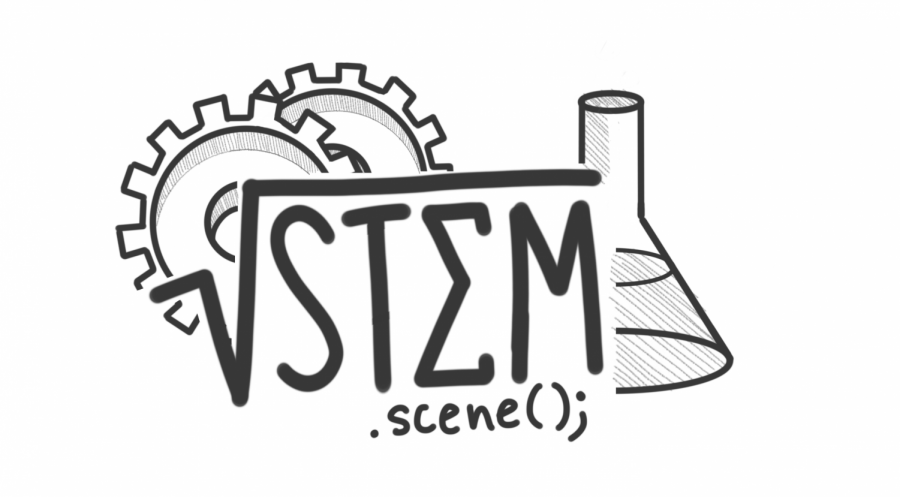STEM Scene is Harker Aquila’s STEM repeater focusing on current developments within the STEM world. This installation features five briefs.
STEM Scene: Oct. 29
by Claire Zhao and Young Min

NASA mission successfully deflects asteroid
A National Aeronautics and Space Administration (NASA) spacecraft succeeded in altering a harmless asteroid’s trajectory, the agency announced on Oct. 11. Researchers launched this Double Asteroid Redirection Test (DART) mission last November, aiming to learn more about planetary defense. On Sept. 26, the refrigerator-sized DART spacecraft collided into the 500-foot wide asteroid named Dimorphos at a speed of 14,000 ...

Deadly Ebola outbreak sweeps Uganda
With 44 confirmed cases and 10 deaths, the Ebola outbreak in Uganda is threatening other East African countries, especially due to the outbreak strain’s lack of treatment. The outbreak went public after a 24-year-old man in the Mubende district displayed symptoms including high fever and bleeding from the eyes as early as Sept. 11. He sought help from various clinics but died on Sept. 15, just fou...

200 nations commit to lower airplane emissions
Almost 200 nations agreed on Oct. 7 to lower carbon emissions from airplanes by 2050 in meetings overseen by the U.N.’s International Civil Aviation Organization (ICAO), a notable step towards their goal of net zero emissions. In the past, companies have attempted to lower carbon dioxide emissions by planting trees, but they would need to augment their efforts if they wanted to reach a point where air travel no...

Animal rights activists acquitted of stealing piglets
After a group of animal activists posted a video of themselves stealing two pigs in 2017 from Circle Four Farms, located in Beaver County, Utah, the Federal Bureau of Investigation (FBI) launched an investigation into various farms located in Colorado and Utah in search of evidence weeks after the initial posting of the video. As one of the biggest producers of pork in the world, Smithfield Foods did not experience ...

Researchers transplant human neurons into rats
Stanford University scientists transplanted human brain cells into baby rats in order to study developmental disorders like autism and schizophrenia. The study, published on Oct. 12 in Nature, adds to the team’s previous research on creating poppy seed-sized clusters of human brain cells called organoids. According to Dr. Sergiu Pasca, a senior author of the study and psychiatry professor at the ...
Harker Aquila • Copyright 2025 • FLEX WordPress Theme by SNO • Log in
